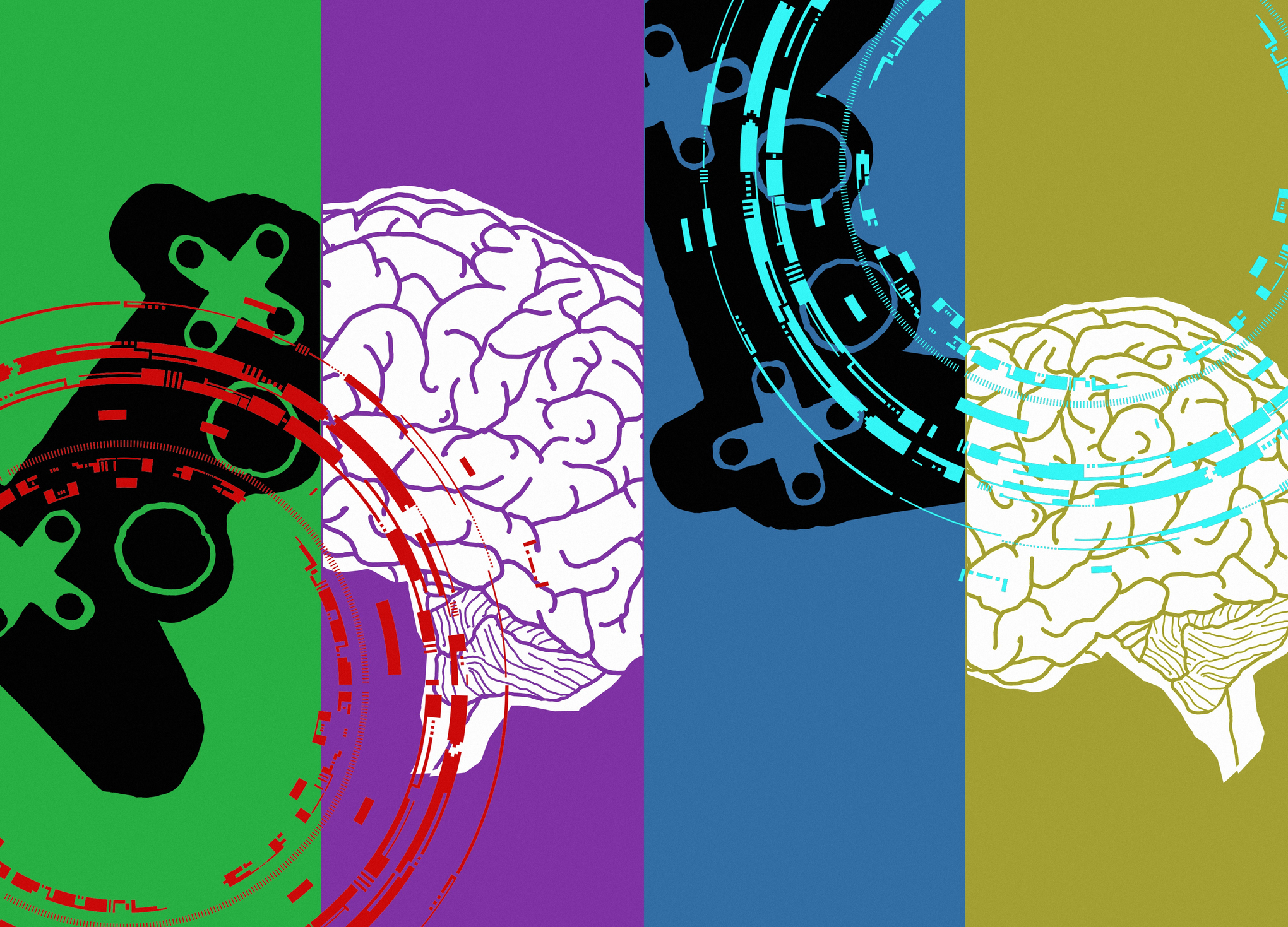The Use of Lumosity, Meta Quest, and EndeavorRx as Digital Therapeutics for ADHD

Video games, screen time, and technology have a unique impact on individuals with ADHD, as they can cause fragmented attention, distractions, and potential social isolation. However, the big question in current research is whether digital technology can be used to enhance working memory, improve concentration, and alleviate ADHD symptoms in children, adolescents, and adults.
My practice in St. Louis has been exploring over half a dozen digital technologies and their effects on patients with mental health conditions such as ADHD and depression alongside this exciting new field of research and clinical development. The findings have been encouraging from us, as well as other practitioners and researchers.
A recent meta-analysis of 31 studies involving more than 2,000 participants has found that digital interventions can greatly enhance attention, executive function, and working memory in children aged 4 to 17 who have ADHD. Frontiers in Psychiatry published that the analysis suggested digital therapeutics predominantly influenced inattentive symptoms over hyperactive-impulsive symptoms.
Let’s explore some interventions, some of which I have had a hand in developing, that have either recently been launched on the market or are under consideration. These interventions are either supplementary to ADHD medication therapy, or they can predict, diagnose, or monitor other health issues.
This innovative "mental fitness system" using the Meta Quest virtual reality platform was designed to enhance focus, speed of decision making, and situational awareness. Initially created to enhance the performance of athletes - it is currently being used by high-profile sports leagues such as the NBA, NHL, MLB, as well as the National Collegiate Athletic Association, and professionals. It is also being studied on academically at-risk middle and high school students to improve concentration, focus, and academic performance.
Rich Brancaccio, a school psychologist, observed the positive impact of subtle reminders and cues for children with ADHD to enhance attention and task performance. This inspired him to use wearable technology to provide digital cues and coaching reminders. As a result, he established Revibe Technologies, a digital therapeutics company that is researching smartwatch technology to measure concentration, focus, and distractibility during tasks.
This adaptive technology issues coaching reminders and cues in situations where the child is off-task to help them refocus and boost their academic performance. An event study of 706 children with ADHD aged 7 to 18 using the Revibe watch for three weeks showed a 25+ minute increase in attention span and a 19% increase in on-task/focus behaviors. Now, a larger study is being developed to track and evaluate similar improvements in children with ADHD throughout their school day.
This San Francisco-based advancements lab aims to enhance cognitive performance via digital interventions. To do this, it is harnessing a vast data set of tens of millions of adults who've participated in numerous cognitive tasks on Lumosity platform, the lab's innovative gamified system. This vast data set allows the lab to develop digital biomarkers to predict, diagnose or monitor cognitive challenges associated with ADHD, multiple sclerosis and other conditions.
The lab's first adult ADHD trial evaluated cognitive-enhancing games to improve measures of attention and assessed improvement in executive function and overall functional capacity with participants not receiving medication treatment. A second ADHD study is currently determining whether the lab's technology can improve ADHD symptoms, cognitive performance, and quality of life in adults receiving stimulant or non-stimulant medication.
This FDA-authorized video game, EndeavorRx, for children aged 8 to 12 with ADHD, necessitates 25-minute, five-day-per-week play for four consecutive weeks. Clinical trials that involved over 600 children with ADHD showed EndeavorRx enhanced objective measures of attention, focus, and distractibility.
EndeavorOTC, an adult-tailored modification of the EndeavorRx technology for adults with ADHD, does not require a prescription. A study involving 220 adults found using EndeavorOTC led to improvements in ADHD-related symptoms, functional difficulties, and quality of life.
Many doctors, scientists, and researchers agree that these exciting new developments using technology to improve mental health are only the tip of the iceberg of what is to come. Harnessing digital therapeutics to expand working memory, and improve focus and concentration, is at the forefront of clinical development and research.
Greg Mattingly, M.D., is an associate clinical professor at Washington University School of Medicine. He serves on the Scientific Advisory Board at Revibe and has been a principal investigator in trials for Akilli, Lumos Labs, and other digital therapeutics.




